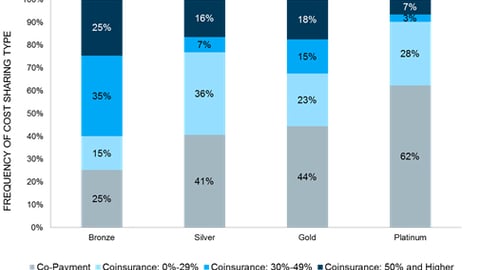-
Diplomat Pharmacy hosts college students as part of Alternative Spring Break program
FLINT, Mich. — Diplomat Pharmacy on Friday announced it will be hosting college students from across the nation this week. Students from as far away as New Mexico State will be participating in an expanded version of Diplomat’s Alternative Spring Break program that kicked off Monday.
Also serving with New Mexico State will be students and staff members from Michigan State, Virginia Tech and the University of Michigan-Ann Arbor.

